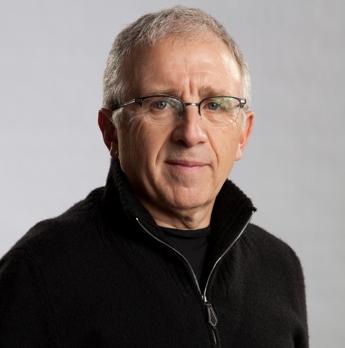Irving Azoff Is Promising 30% More Royalties than ASCAP and BMI

Sony/ATV Music Publishing recently said that they are considering a complete withdrawal from collection societies ASCAP and BMI, which collectively control about 95 percent of songs in the US. Chairman and CEO Martin Bandier said Sony/ATV is concerned with how artists are being represented in the digital space and wanted to withdraw certain rights. However, a recent court ruling has made it difficult to selectively withdraw rights, so Sony/ATV would have to pull out altogether.
Sony/ATV aren’t the only ones who are concerned about this. The New York Times reports that Irving Azoff has spent the last year signing some pretty big songwriters, including Pharrell Williams, Ryan Tedder, Benny Blanco, and members of Journey and Fleetwood Mac.
Azoff’s new venture is called Global Music Rights. It is part of Azoff MSG Entertainment, a joint venture with the Madison Square Garden Company. MSGC is considering splitting into two companies, one for sports and one for entertainment.
Azoff says:
“I vowed when I started this company that I was going to take care of artists… So I tried to identify places where I felt that artists were not getting a fair deal, and the performance rights area jumped out at me. It was a place where I felt I could help our writers.”
Three anonymous sources say Azoff is telling clients that he can bring in up to 30 percent more in royalties from radio and online outlets than ASCAP and BMI.
Most of Global Music Rights’ clients still have contracts with ASCAP and BMI, but those contracts will soon begin to expire.
Global Music Rights Executive Randy Grimmett, who was previously ASCAP’s EVP of Membership, says 40 million plays on Pandora only brings in $2,200 in publishing royalties under ASCAP and BMI.
BMI President Michael O’Neill thinks there’s nothing wrong with BMI’s methods:
“We believe that the departure of certain affiliates for such new organizations is driven not by any concern with this methodology… but, rather, by the latitude that these unregulated organizations have to address the needs of the modern rights marketplace.”
Source: Digital Music News


